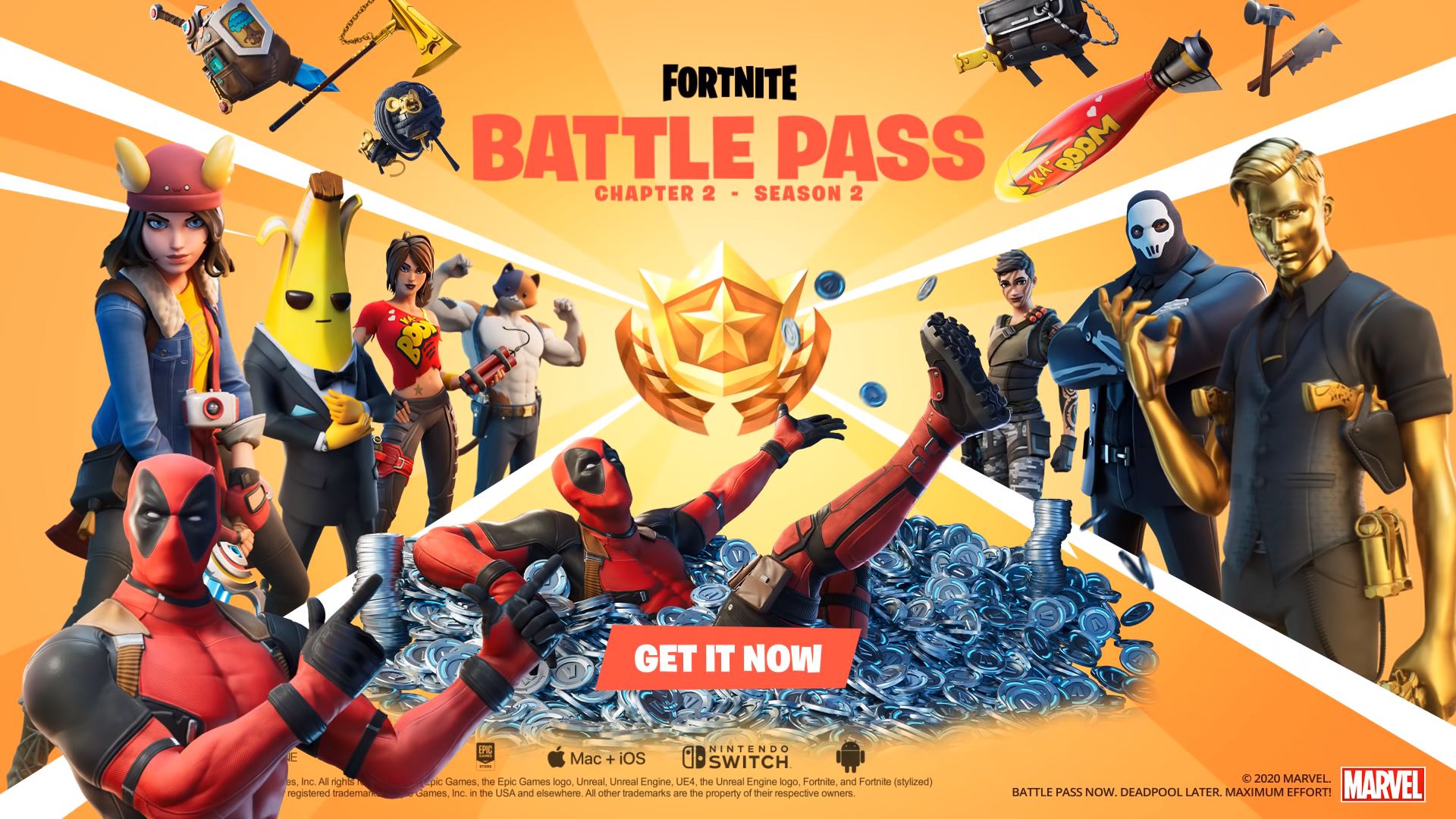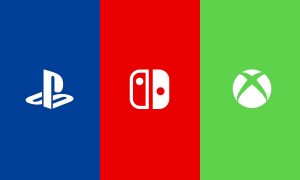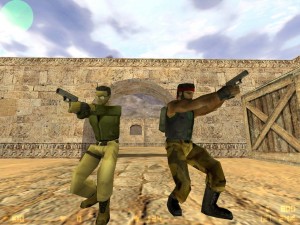The use of battle passes in gaming is a relatively modern practice. The first well-known use of such a practice was with Dota 2’s Compendium in 2013 for The International. This purchase had quite a bit more functionality than the modern derivatives we see today. Not only was it the primary factor in increasing the prize pool (setting records year after year), it gave purchasers additional interactivity for the event. Instead of simply playing the game for unlocks, you could predict winners and other team-related activities.
From there, the concept quickly became a great way for developers and publishers to monetize their game with microtransactions while also incentivizing the player base to keep playing. Battle passes get the money upfront and generally only initially offer a taste of what could potentially be unlocked. Iterating through levels and having rewards trickled to the players is a design to keep them pushing for “one more level.” The most coveted and popular items are often hidden far down the path of this unlock progression.
At their core, battle passes aren’t anything new. Games have had tiered unlocks for quite a while now. The act of earning experience points and progressing through tiers to unlock items is familiar to most people in the gaming community and in particular those who have played Call of Duty multiplayer games. What makes modern battle passes different is that they generally don’t have any gameplay-centric involvement. They’re used as a vessel to deliver cosmetic items almost exclusively.
Keeping players playing their game, especially multiplayer, is integral for developers to ensure they have a player base. Before microtransactions, these methods were usually done for free to maintain an online multiplayer as a selling point. Having an online multiplayer was more often an investment rather than a way to generate revenue.
Today, as publishers and developers are being legally pushed away from loot boxes, battle passes have become a much more appealing method for monetizing games. Instead of hoping the community spends their money on specific microtransactions, they’ve shifted newer games into this system. Some games, such as Apex Legends, use both, but the more recent battle royale Call of Duty Warzone employs only a battle pass and direct purchases for monetization.
While the merits of the system are clear, not every game uses them as a way to make money. Doom Eternal has a season-based battle pass that is free for anyone playing their multiplayer mode. It may be up for debate whether the multiplayer mode is great or disappointing, but the nature of a free battle pass highlights just how useful they can be. It’s not the most robust collection of cosmetic items, but it does serve to motivate players to keep playing the somewhat limited Battlemode experience.
Doom Eternal is currently an outlier. Many games over the past few years from mainstream AAA to even some indie titles are using battle passes. I don’t personally buy many, but lately, I’ve found doing so makes me more uncomfortable than it used to. There isn’t anything inherently wrong with the battle passes themselves, but the sense that I will need to play the game more than I may want to in order to justify the money spent is something I can’t avoid. The nagging feeling that I may only get halfway through the unlockable items and never have an opportunity to get them again isn’t the type of motivation I find appealing.
All of this brings me to the heart of this situation. Is there a future for battle passes in multiplayer games? Is Doom Eternal starting a trend that will catch on, or will battle passes always be primarily a way to generate revenue? Does a potentially free battle pass motivate more players than a paid battle pass? These are questions I can only speculate upon. Publishers won’t stop here in trying to further monetize games, so perhaps the next step will be a whole new (and probably more exploitative) way to convince us to spend money. I just hope being rewarded for multiplayer gameplay continues to be a centerpiece in some way because it beats the alternative… of nothing.




